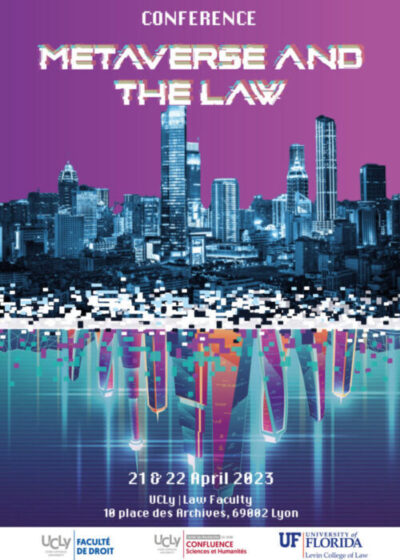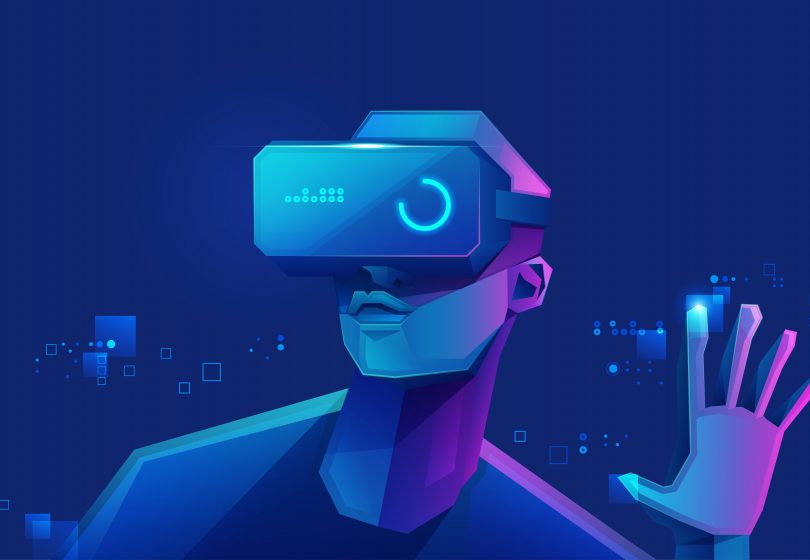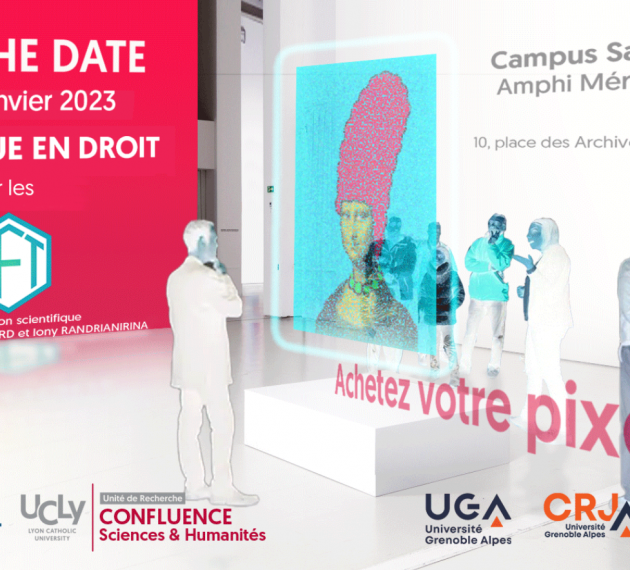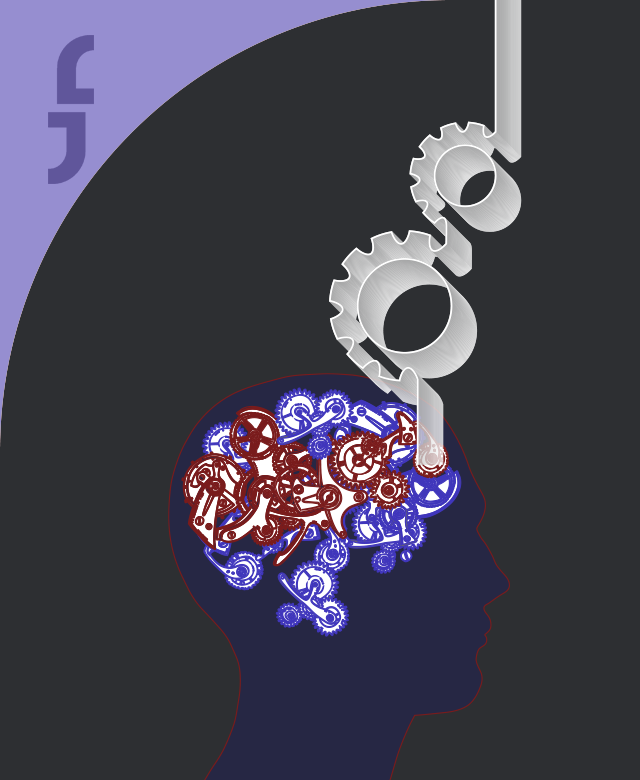A conference will be held in Lyon at Lyon Catholic University on 21 and 22 April 2023 on the topic of Metaverse and the Law. This conference will be the work's result of two law searchers: Larry DiMatteo & Michel Cannarsa (Dean and Director of the UCLy Faculty of Law).
Metaverse, a technology of growing importance and interest, is described as “an immersive and constant virtual 3D world where people interact by means of an avatar to carry out a wide range of activities. Such activities can range from leisure and gaming to professional and commercial interactions, financial transactions or even health interventions such as surgery.”[1] Similarly to other emerging technologies, Metaverse technologies raise new legal issues, and risks. Considering however its horizontal nature, as well as its use of many other disruptive technologies (virtual reality and augmented reality, blockchains and smart contracts, NFTs, AI, etc.), it has the potential of impacting every single legal area. Considering that Metaverse is at a rather primitive stage of development, framing the legal analysis of the many challenges which it will raise is of upmost importance.
Authors will be invited to write contributions that will constitute chapters of a book. The said contributions will be presented during the conference.
[1] European Parliamentary Research Service, “Metaverse Opportunities, risks and policy implications”, 24 June 2022.
PROGRAMME

Registration
Free for students and teachers
150€ for Professionals

To know more

Fondée en 1875, la Faculté de Droit a pour vocation de former des juristes de qualité (avocats, notaires, magistrats, juristes d’entreprise…) mais aussi critiques, qui seront les acteurs du développement de notre société.

De nouvelles formations en droit sont ouvertes depuis septembre 2022 à l’UCLy. Interview du Doyen du Pôle facultaire des Sciences Juridiques, Politiques et Sociales et Directeur de la Faculté de Droit de l’UCLy, Michel CANNARSA.

[Mardi 10 janvier de 8h30 à 17h30] Colloque autour de l’aspect juridique des NFT (Non Fongible Tokens)



